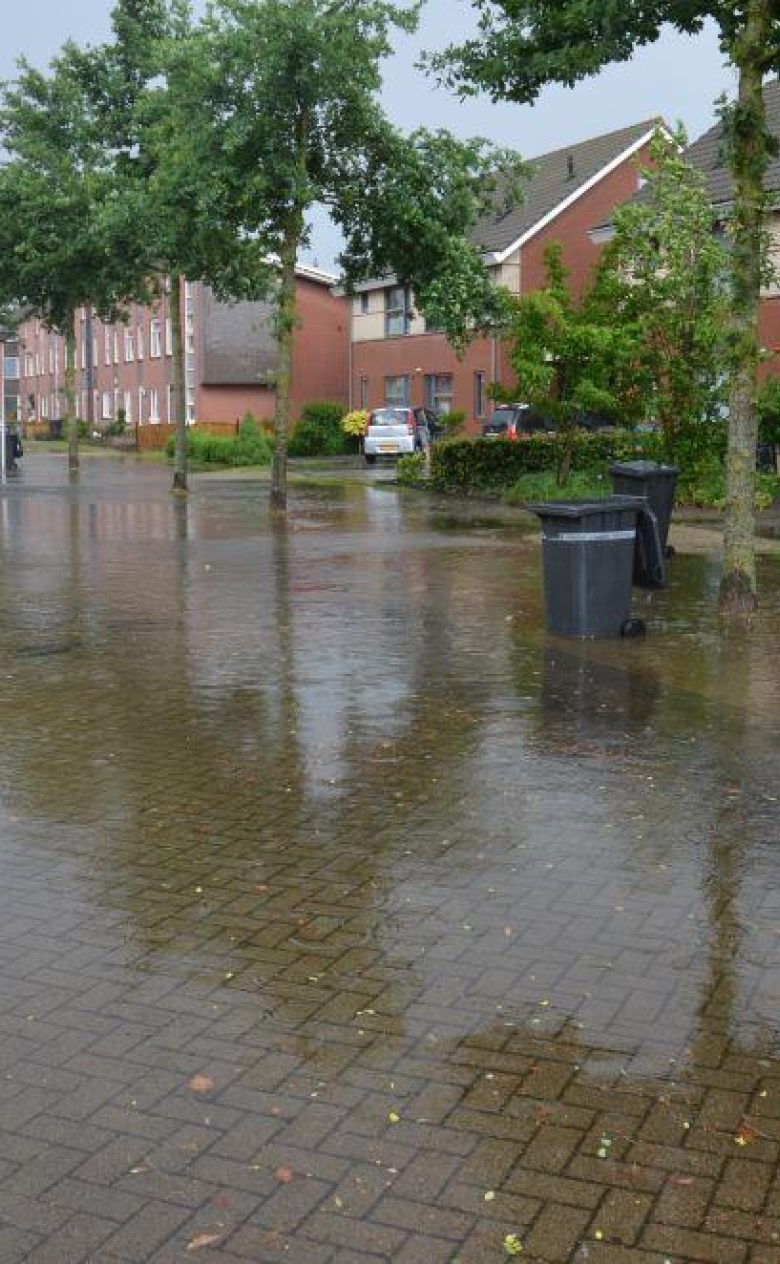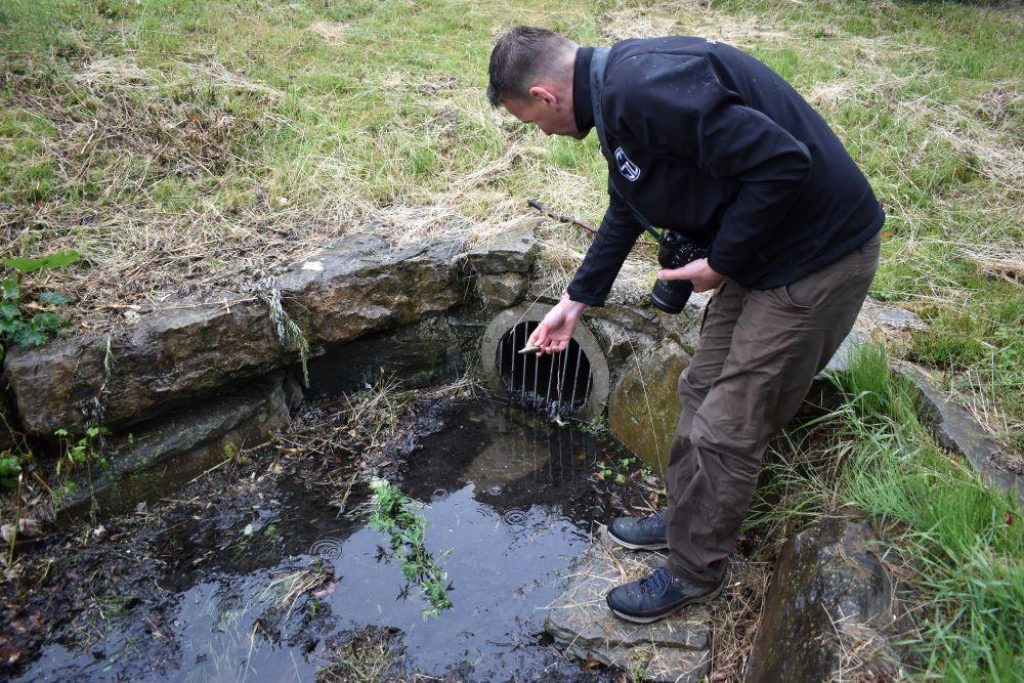Latest knowledge infrastructure for urban water management
Ageing infrastructure is increasingly in the news. Maintenance work on our grey and green infrastructure is essential to prevent disruption and damage. In the book ‘Asset Management of Urban Drainage Systems’, a number of authors, including experts from Deltares, discuss the latest technologies. There are also chapters looking at legislation and standards, the use of data and decision-making.

A lot of urban infrastructure, such as drains and hydraulic structures, was designed and constructed decades ago. Ageing, stricter requirements and climate change require ongoing changes to, and maintenance of, the system.
This is complicated in daily practice because:
- Changes in the locality and climate – such as more frequent heavy rainstorms or more urban residents – are often faster than taken into account in the estimated lifespan.
- Construction work was done according to the standards of the time, which do not always match current standards. Older parts and components are not adapted (or not immediately) in line with new standards.
- Urban drainage systems are intertwined with other urban systems, both above and below the surface. Examples include water mains, and gas or electricity networks. A malfunction in one system affects another.
- Decision-making is influenced by political/social considerations in combination with changing rules and regulations, and personal preferences.
- The adequate management of infrastructure requires knowledge and understanding of domains such as hydrology, hydraulics, water quality, public health, materials science, soil science, vegetation, biodiversity, ageing and decay processes, inspection technology, decision-making, negotiation, legal aspects, guidelines, protocols, risk assessment, socio-economic factors, policy making and organisational issues.
- Infrastructure is in place for a long time: data are sometimes lost or awareness becomes subjective over time.
Scientific publications about effective management
Knowledge about the ageing processes of infrastructure is very important to carry out urban water management in a cost-effective way. In recent decades, scientists have published a great deal on a wide range of topics in ‘Asset Management of Urban Drainage systems’, for example from fundamental technical, meteorological and organisational perspectives.
This book discusses the management of traditional grey solutions but also green-blue solutions or ‘nature-based solutions’ in which our Dutch experience from the last thirty years provides new insights relating to areas such as the robust design and management of swales and permeable surfaces.
Floris Boogaard, expert on future-resilient infrastructure

Real-world examples based on knowledge
At the international, national and local levels, a range of science-based real-world examples have also been implemented by companies, water authorities and municipal authorities.
Following on from an initiative of an IAHR/IWA working group, a group of forty authors from both the scientific and operational worlds was brought together under the leadership of four editors. They drew up this open access publication with the very latest knowledge on ‘Urban Drainage Asset Management’. In that way, they aimed to make scientific results more accessible to people working in practice, as well as to provide researchers with real-world examples.
It is therefore a comprehensive publication for urban water managers, with chapters covering technical matters, as well as chapters on legislation and standards, the use of data and decision-making.
In terms of content, this book is a valuable collection of current knowledge that every urban water manager should have to hand.
Francois Clemens, former expert at Deltares and editor-in-chief
Get the book: Asset Management of Urban Drainage Systems
More about the authors
Former Deltares expert Francois Clemens-Meyer was one of people behind the initiative in 2021 and, in addition to co-writing some chapters himself, he has also taken on the role of editor-in-chief. Floris Boogaard is currently working as an expert on urban water management and future-resilient infrastructure at Deltares. He is a lecturer at the Hanze University of Applied Sciences in Groningen. He is a co-author and he brightened the publication with dozens of illustrated real-world examples.

